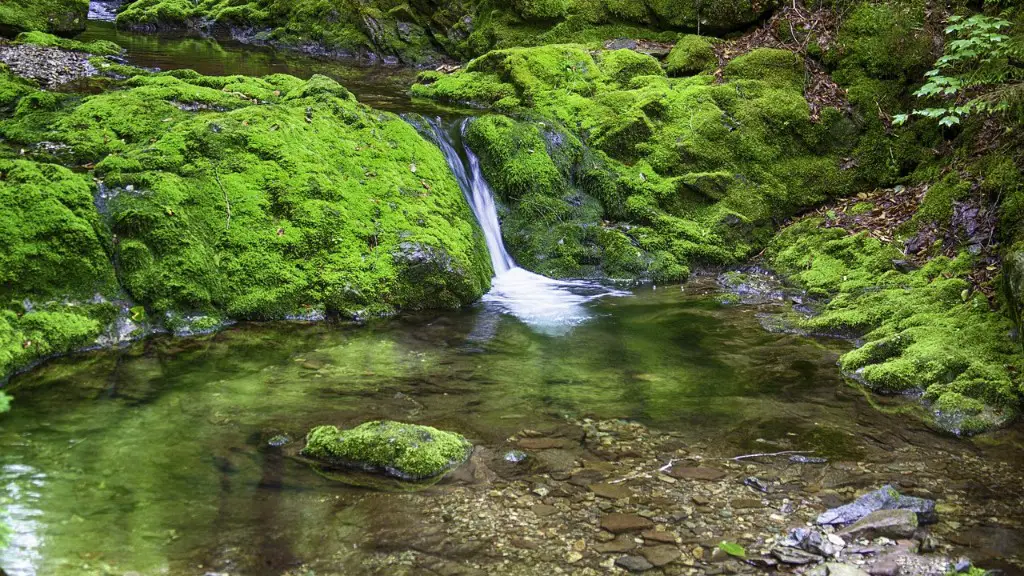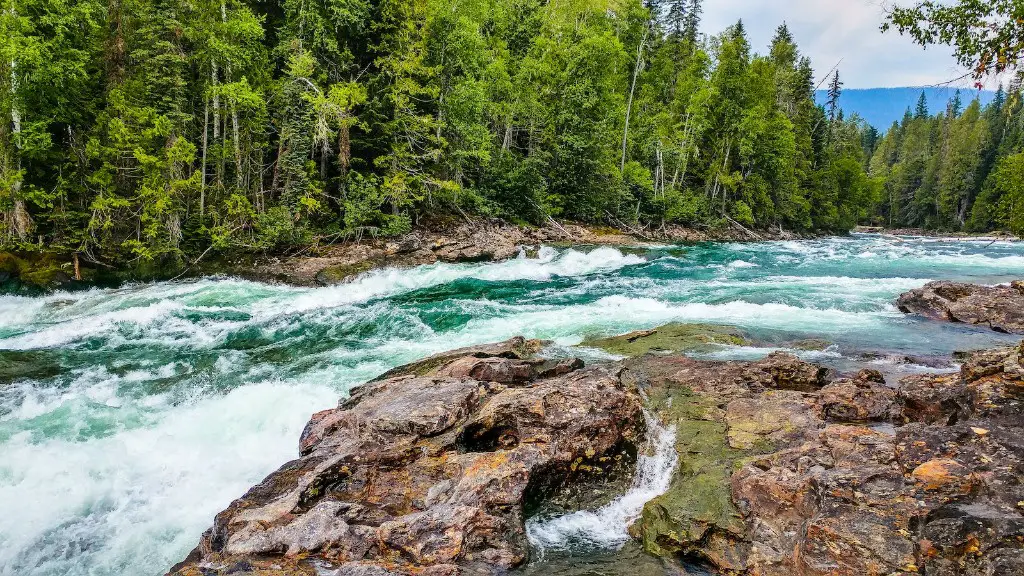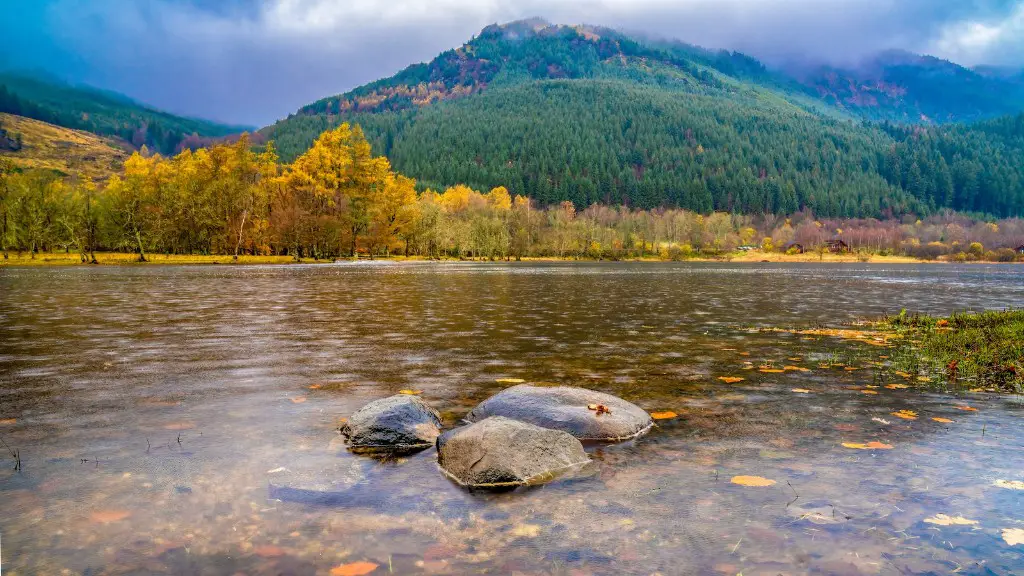Pollution Threats to the Mississippi River
The Mississippi River is an integral part of the US environment, providing resources for animals, aquatic life, and people for centuries. Unfortunately, the health of the Mississippi River has deteriorated due to pollution. The river is a victim of runoff from factories, farms, and sewage treatment plants, as well as numerous other sources. We must attempt to decrease the amount of pollution that finds its way into the river so that future generations are able to reap the same benefits that our forebears did.
Chemicals created by factories, known as industrial waste, have been found in the Mississippi River in large quantities. Reports released by the Environmental Protection Agency (EPA) suggest that this kind of waste can contain dangerous chemicals such as arsenic, lead, and mercury. These toxins are able to make their way into the soil and the water, which is then consumed by humans, animals and aquatic life. In addition, industrial waste can cause oxygen deprivation in the river, making it difficult for organisms to survive.
The agricultural industry is another major contributor of pollutants. Runoff from fertilizers and pesticides used by farmers finds its way into the streams and lakes that feed the Mississippi River. These chemicals can also be dangerous to human health and the environment, as they can compromise water quality and contaminate drinking water sources. Soil erosion from surrounding farms also contribute to pollution in the Mississippi River, leading to sediment build-up and the destruction of aquatic habitats.
Sewage is another significant source of pollution for the river. Wastewater from homes and businesses reach the Mississippi River in extremely high concentrations, particularly during heavy rains. These contaminants can include bacteria, viruses and other pathogens that can disrupt ecosystems, cause diseases and contaminate drinking water sources. In addition, sewage contamination introduces too much oxygen into the river, leading to the death of aquatic life and the destruction of biodiversity.
Oil spills and other forms of hazardous waste can also harm the health of the Mississippi River. Petrochemicals and other such chemicals can seep into the soil and water and make their way into the river. These materials can also contaminate drinking water sources, and make their way into the food chain, resulting in potentially serious health consequences.
The Mississippi River is one of the most vital rivers in the United States, but it has been adversely affected by pollution and other forms of contamination. We must take action to decrease our reliance on harmful chemicals and toxins in order to protect the health of the river. Better regulation of factories, farms and sewage treatment plants should be implemented to reduce the amount of pollution that reaches the river. Individuals can also contribute to the health of the river by reducing their own use of harmful chemicals, as well as by supporting conservation efforts.
The Mississippi Delta and Its Impact on the River
The Mississippi Delta is an area of land along the river that is made up of sediment and soil from upstream areas. It is a highly productive region with a diverse and abundant array of wildlife and ecosystems. The Delta is a crucial part of the Mississippi River, as it serves as a buffer to protect the river from floods, as well as providing habitat for numerous aquatic species. The Delta is also a vital source of freshwater for drinking and other purposes.
The Delta has been exposed to the same types of pollution affecting the Mississippi River, including industrial, agricultural and sewage waste. This has resulted in contamination of the water and soil, which has in turn caused an imbalance in the Delta’s ecosystems. Pollution has adversely affected the fish and wildlife in the area, as well as the humans who rely on the river for their livelihoods.
In addition, the Delta has experienced significant erosion over the years, as a result of dams built upstream and the increase of sediment loading in the river. This erosion has caused the Delta to retreat further and further back, destroying habitats and endangering the species that live in these areas. Erosion has also made the Delta more vulnerable to floods, as it is less capable of absorbing the huge volumes of water released in the area.
The health of the Mississippi Delta is of paramount importance to the health of the Mississippi River. We must take steps to protect the Delta from the effects of pollution, erosion and other forms of destruction. The government must take action to better regulate and monitor industry, agricultural activity, and sewage treatment plants to reduce their impact on the Delta and the river. The US Army Corps of Engineers has also instituted various measures to reduce erosion in the area, as well as building and reinforcing levees in order to protect it.
Protection of Wildlife in the River
The Mississippi River is home to a variety of wildlife species, each of which plays an integral role in the ecosystem. This wildlife is threatened by the pollution in the river, as the chemicals and toxins that make their way in can have a detrimental effect on wildlife health. Fish and other aquatic life are becoming increasingly rare due to the contamination of the river, as these toxins can be harmful to their health and impede their ability to reproduce.
In addition, the destruction of habitats due to erosion, development and pollution is contributing to the decline of wildlife species. Habitat destruction can make it difficult for species to find food and shelter, as well as making them more susceptible to predators. The destruction of habitat can also interrupt the delicate balance of the ecosystem by upsetting the food chain.
We must therefore take steps to protect wildlife in the Mississippi River. We can do this by preventing the introduction of pollutants into the river and by restoring habitats damaged by development, erosion and pollution. We must also take steps to protect the fish species that are essential for maintaining a healthy river ecosystem. For example, regulations should be put in place to prevent overfishing, as this can lead to the destruction of fish populations and disrupt the balance of the ecosystem.
The Role of Conservation Efforts
Conservation efforts are an essential part of any plan to protect and restore the Mississippi River. These efforts focus on restoring ecosystems by increasing their capacity to absorb pollution, as well as restoring the natural balance of the ecosystem. Conservation efforts can also help to protect the river from future disruption and destruction by improving water quality and restoring habitats.
In addition, conservation efforts can provide benefits to the people who rely on the river for their livelihood. Improved water quality can provide better resources for fishing and other activities, while also protecting drinking water sources and reducing potential contamination. Conservation efforts can also help protect wildlife, as they can help to restore habitats and provide a buffer against pollution and other forms of disruption.
The health of the Mississippi River remains threatened by pollution and other forms of contamination, but there are actions that can be taken to protect it. A combination of better regulation of industry, agricultural activity and sewage treatment plants, as well as conservation efforts, are needed to ensure that we can continue to reap the benefits of the Mississippi River for future generations.
Sustainable Management of the River
Sustainable management of the Mississippi River is essential for its continued health and productivity. This includes both short-term and long-term planning, as well as an evaluation of the current state of the river and the potential impacts of any changes. Sustainable management involves looking at the long-term effects of our actions in order to ensure that future generations are able to benefit from the river in the same way that we do today.
To ensure the sustainable management of the Mississippi River, we must take a holistic approach. This includes measures such as reducing pollution, conserving endangered species, protecting habitats and improving water quality. We must also consider the river’s role in the local economy, as people rely on it for their livelihoods. Furthermore, we must look at the potential impacts of climate change and the effects of extreme weather events on the river.
Environmental organizations can be integral to the sustainable management of the river, as they can provide valuable resources for research and education. They can also help to implement conservation measures, as well as advocating for better regulation of industry, agricultural activity and sewage treatment plants. Government agencies can also play a role in the sustainable management of the river, by providing funding for research and conservation efforts.
Education and Outreach Efforts
Education and awareness of the importance of the Mississippi River are essential for its continued health and productivity. To ensure that people are able to appreciate the Mississippi River and its many benefits, it is important to educate them on its importance and how they can help protect it.
This can be done through outreach efforts, such as engaging in public discussions about the river and engaging with local communities and schools. Environmental organizations can play a crucial role in educating people on the river’s importance, as they can provide valuable resources and expertise. Additionally, government agencies can implement outreach efforts, such as providing funding for research and education, and offering incentives to encourage conservation.
Education and outreach are important in order to ensure that the Mississippi River remains healthy and productive for future generations. We must all do our part to ensure that the river is protected and that its many benefits are appreciated by all.





